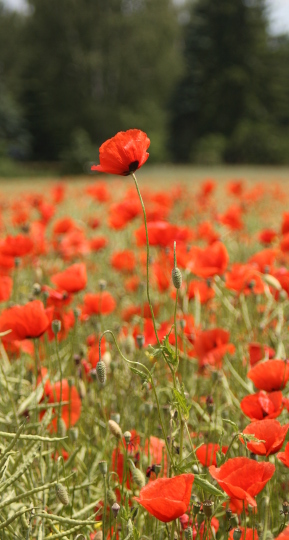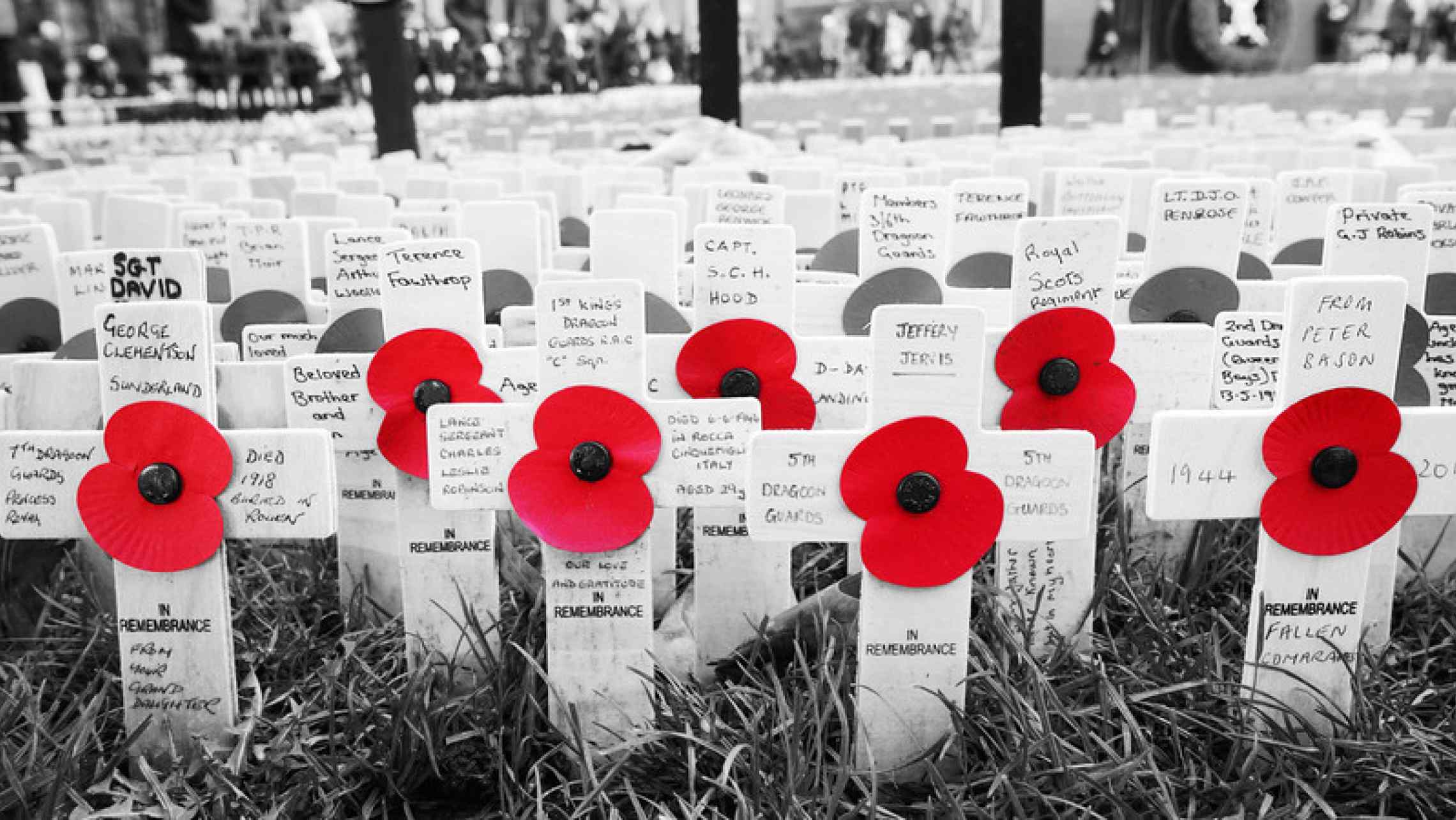Since Ancient Greece the idea that sport was a form of war has been espoused, George Orwell once opined that sport was war but without the shooting, Ted Turner took this one step further by suggesting that sport was like war but without the killing. In the search for the hyperbolic zinger we find ourselves listening to enthused commentators watching a game where players are described as warriors or possessing warrior-like qualities. Where winners are crowned heroes and sports stadia are designed to intimidate as well as inspire and crushingly referred to as amphitheatres, when every play in the game is seemingly made in homage to the spectacle. In a world where there have been approximately 26 full days of peace since the end of World War Two this should really come as no surprise. War and conflict; our constant companions of the 20th Century and seemingly in no hurry leave our side in the first few years of this one.
Of course, there was a time when war really did intrude onto the sports field and did so in a real and harrowing way. How could it not? The encompassing wars of the twentieth century would see to this. The result was painfully obvious, painfully predictable with an all too painfully human outcome. Thousands volunteered to serve, thousands would never come home to pick up their lives, and several thousand more would live with the deepest scars. In such a place, in an unimaginable shade we have men who excelled in sport taking up arms and going into conflict; men who excelled in sport protecting their communities against the ravages of war.
Who knows what flashed across their minds in the heat of battle, whether it was Wilfred Owen’s ‘Old Lie’ or a Churchillian refusal to surrender, what is clear is the sports field is a wholly inappropriate metaphor for war. For all this, sport and war dances a bitter waltz, history is littered with those who inspire and motivate us being cut down in their prime. The sport of Rugby Union reflects this tragedy, it is no surprise that Cardiff rugby finds herself affected.
Here we pay tribute to just some of those players who graced the Arms Park and paid the ultimate price. Unlike the poetic imagery of heroes bestriding the earth as they walk forth, this was a real horror and this would not end with the roar of an appreciative crowd, rather a gentle bow of the head and eternal thanks.
Geoffrey Nepean Biggs (1885-1916) died at sea aboard HM submarine E30. One of six brothers who played for Cardiff, Geoffrey Biggs was a lieutenant in the Royal Navy. He played one game for Cardiff.
Born in Exeter, W S Goff (1888-1918) played 34 games for the Blue & Blacks between 1912 and the outbreak of World War 1. He was serving in the Army when he was killed on the Somme.
Frederick William Ovenden served in the Army in the the First World War. He died at Villers au Bois, France in 1917. He played 1 game for Cardiff.
John Lawson Richards (1918-1944) played for Newport, London Welsh & Cardiff. He was Head Boy at Monmouth School and went to Cambridge University and represented East Wales and England vs Army/ Ireland. He was a Lieutenant in the Royal Engineers involved in bomb disposal and died in action in World War 2 in 1944. Buried in Gelderland, Netherlands.
Richard Thomas (1883-1916) had been a police sergeant before the war. He died at Mametz Wood in 1916.
Maurice Joseph Lawson Turnbull (1906-1944) was one of six brothers that played for Cardiff. He was a talented all round sportsman and excelled in several sports. In cricket he captained Cambridge University and Glamorgan CCC for ten seasons. In rugby union he represented Cardiff and London Welsh and gained two Welsh international caps in 1933. He played for Cardiff between 1931 and 1935 appearing on 62 occasions. Maurice Turnbull is the only person to have played cricket for England and Rugby for Wales. At the time of his death he was a major in the Welsh Guards and was killed by a sniper at Montchamp, France
David (Dai) Westacott (1882-1917) played for Cardiff between 1903 and 10 with 120 first team games to his credit and also winning a Welsh cap in 1906, against Ireland. He was killed in Wieltje, Belgium.
John Lewis (Johnnie) Williams (1882-1916) was born in Whitchurch and educated at Cowbridge Grammar School. He was one of the greatest wings ever to play for Cardiff. In a distinguished career he scored 150 tries in 199 games for the Blue & Blacks and a further 17 tries in only 17 appearances for Wales. Johnnie Williams was a British Isles test player (against New Zealand) and was a member of the Cardiff side that beat the Springboks in 1907 and the Wallabies the following year. It goes without saying that he scored tries in both those club victories. He also scored 15 tries in 12 games for Cardiff against the Barbarians between 1904 and 1910, when the teams met twice a season.
John Lewis Williams died at Mametz Wood during the Battle of the Somme on 12th July 1916, he was 34 years old.
Mention should also be made of Frank Wilberforce Gaccon (1889-1940) who played 105 times for Cardiff between 1908 and 1920. During the first world war Gaccon had worked at Bute Docks as an engine fitter on hospital ships. He died in 1940 when, whilst working as a fireman in Cardiff, he was killed by a German bomb.
 In Flanders Fields
In Flanders Fields
In Flanders fields the poppies blow
Between the crosses, row on row,
That mark our place; and in the sky
The larks, still bravely singing, fly
Scarce heard amid the guns below.
We are the Dead. Short days ago
We lived, felt dawn, saw sunset glow,
Loved and were loved, and now we lie,
In Flanders fields.
Take up our quarrel with the foe:
To you from failing hands we throw
The torch; be yours to hold it high.
If ye break faith with us who die
We shall not sleep, though poppies grow
In Flanders fields.
John McCrae
Words by Martin Hughes, research by Viv Jones. We do not present this as an exhaustive list. If you are aware of people who should be added please let us know.
Get Involved
If you liked this piece and want to contribute to the independent voice of Cardiff rugby then you can join us here. As a member led organisation we want to hear from you about the issues you want us to raise.

Leave a Comment